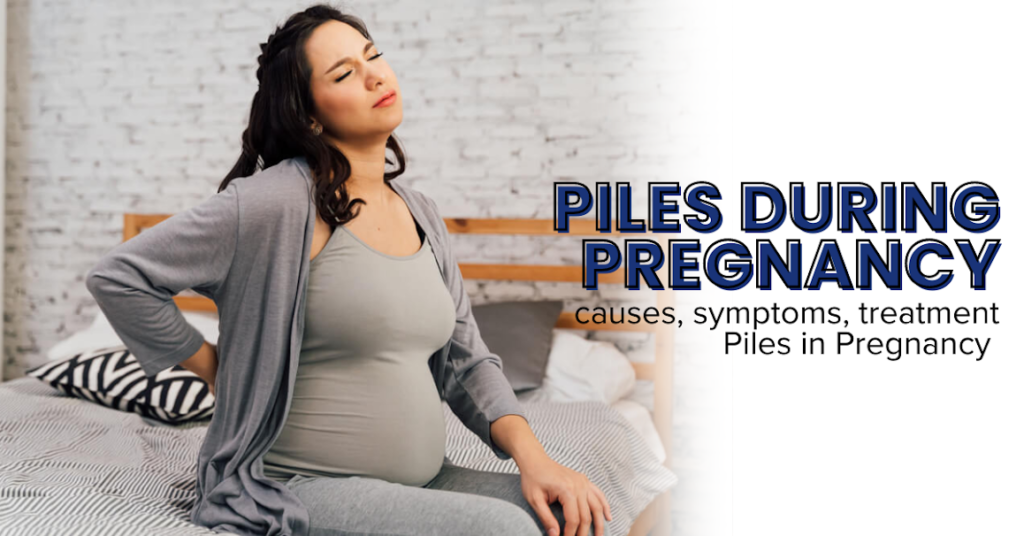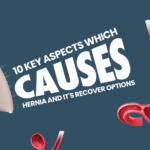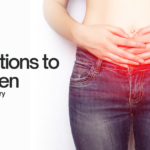
Written by Aapka Care Team | 4 min read
Quick Summary
Piles are a common issue during pregnancy, caused by pressure on the veins in the rectum and anus. There are various remedies, including lifestyle changes and over-the-counter medications, to relieve symptoms.
Table of Contents
- What is Piles During Pregnancy?
- Symptoms of Piles in Pregnancy
- Causes of Piles During Pregnancy
- How to Prevent Piles During Pregnancy
- Treatment for Piles in Pregnancy
- Complications of Piles During Pregnancy
- Diet for Piles During Pregnancy
- Conclusion
- Frequently Asked Questions
- References
What is Piles During Pregnancy?
Piles, also known as hemorrhoids, are swollen and enlarged veins in the lower rectum and around the anus. The most common cause of piles is excessive pressure in the rectal area. Piles can affect anyone, including men, women, teenagers, elderly people, and pregnant women.
Piles are categorized into internal and external types. Internal piles occur inside the rectum and are not visible. They usually heal on their own as they are painless. External piles, however, are more severe and often cause significant discomfort.
Symptoms of Piles in Pregnancy
Piles during pregnancy may or may not show symptoms, depending on the severity. Common symptoms include:
- Itching and pain
- Swelling and lumps around the anal area
- Mucus discharge and bright red blood during bowel movements
- A feeling of incomplete bowel movements
- General discomfort
Causes of Piles During Pregnancy
The exact cause of piles during pregnancy is unknown, but hormonal changes and increased blood circulation can increase the risk. In the third trimester, the growing uterus adds pressure to the lower abdomen, causing veins in the rectal area to swell. Constipation, which is common in pregnancy, can also add strain on these veins, leading to piles.
How to Prevent Piles During Pregnancy
While there’s no guaranteed way to prevent piles, certain steps can reduce the risk and ease symptoms:
What to Do:
- Drink plenty of water and eat a fiber-rich diet to improve digestion and reduce constipation.
- Perform pelvic floor exercises regularly to improve blood circulation and strengthen muscles in the pelvic region.
- Do not delay bowel movements; use the toilet when needed to avoid constipation.
What Not to Do:
- Avoid straining during bowel movements. Be patient if stools don’t come easily.
- Don’t stand for long periods as it can increase pressure on the rectal area.
- After bowel movements, pat the area dry with a soft towel instead of rubbing to prevent irritation.
Treatment for Piles in Pregnancy
Piles usually heal on their own, but if symptoms persist, it can impact the quality of life. Medical treatments include:
Home Remedies:
- Witch Hazel: Known for its astringent properties, witch hazel can shrink piles quickly.
- Coconut Oil: Its medicinal properties help relieve symptoms like itching and discomfort.
- Aloe Vera: Useful for reducing swelling and itching. Avoid scented or colored gels.
- Ice Pack: Applying ice regularly helps reduce swelling and pain.
- Sitz Bath: Soaking in a warm tub can relieve swelling. Adding Epsom salt can enhance the effect.
Medical Treatments:
- Over-the-counter creams or ointments, such as those containing steroids, can relieve itching and discomfort.
- Doctors may recommend specialized hemorrhoidal creams or witch hazel pads for relief.
Complications of Piles During Pregnancy
Although piles typically resolve after childbirth, they may lead to complications such as:
- Severe bleeding causing anemia
- Thrombosed hemorrhoids, which are piles filled with blood clots and are painful
- Risk of infection if the affected area is not kept clean
Diet for Piles During Pregnancy
To prevent constipation, pregnant women should consume high-fiber foods and avoid:
- Processed foods like frozen meals and canned goods
- Dairy products like milk and cheese
- Spicy, greasy foods, especially fast food or fried items
Excess salt should also be avoided as it can dehydrate the body, increasing the strain on veins in the rectal area. Consult a doctor before taking iron supplements, as they can cause constipation.
Conclusion
Piles are a common issue during pregnancy and usually heal after delivery. However, you can try home remedies and consult a doctor for appropriate treatment.
If you’re considering medication, it’s best to consult a medical expert. At Aapka Care, we have a team of specialists ready to assist with hemorrhoid treatment during pregnancy. Visit our website for more information.



